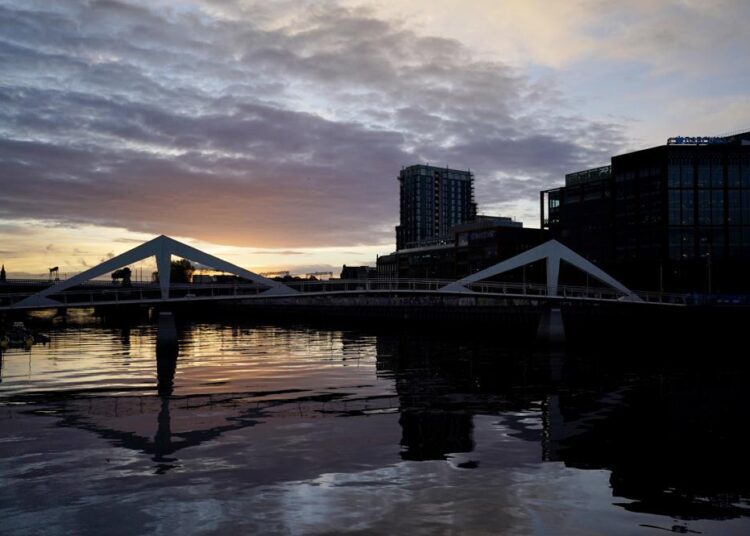GLASGOW, Scotland — More than 100 countries were set to pledge Tuesday to end deforestation, which scientists say is a major driver of climate change.
AP reported that Britain hailed the commitment as the first big achievement of the UN climate conference in Glasgow. But campaigners say they need to see the detail — such promises have been made, and broken, before.
The UK government said it has received commitments from leaders representing more than 85 per cent of the world’s forests to halt and reverse deforestation by 2030.
More than $19 billion in public and private funds have been pledged towards the plan, which is backed by countries including Brazil, China, Colombia, Congo, Indonesia, Russia and the United States.
Forests are considered important ecosystems and an important way of absorbing carbon dioxide — the main greenhouse gas — from the atmosphere.
But the value of wood as a commodity and the growing demand for agricultural and pastoral land are leading to widespread and often illegal felling of forests, particularly in developing countries.
Campaign group Human Right Watch cautioned that similar agreements in the past have failed to be effective.
Luciana Tellez Chavez, an environmental researcher at the group, said strengthening Indigenous people’s rights would help prevent deforestation and should be part of the agreement.
Alison Hoare, a senior research fellow at political think tank Chatham House, said world leaders promised in 2014 to end deforestation by 2030, “but since then deforestation has accelerated across many countries.”
“This new pledge recognises the range of actions needed to protect our forests, including finance, support for rural livelihoods, and strong trade policies,” she said. “For it to succeed, inclusive processes and equitable legal frameworks will be needed, and governments must work with civil society, businesses and indigenous peoples to agree, monitor and implement them.”
About 130 world leaders are in Glasgow for the COP26 summit, which host Britain says is the last realistic chance to keep global warming to 1.5 degrees Celsius above pre-industrial levels — the goal the world set in Paris six years ago.






Discussion about this post